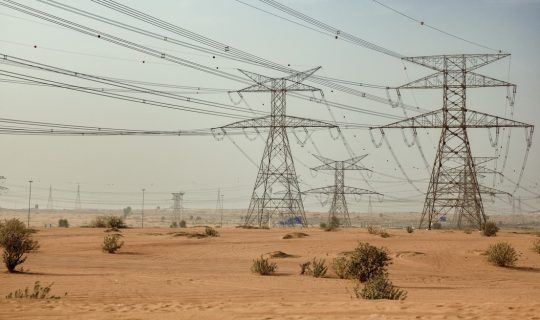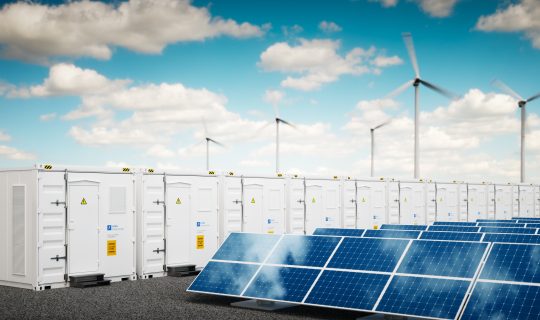Shape your energy future
with a trusted and innovative partner
with a trusted and innovative partner

Our expertise in the energy industry at your disposal
through ad-hoc consultancies
through ad-hoc consultancies

Kema labs, the global leader in independent testing
for the electricity sector
for the electricity sector

Our expertise reaches almost every corner
of the energy sector
of the energy sector

We have a global reach but
we know that every client is unique.
we know that every client is unique.

Stay in touch with what’s going on
at CESI and in the wider energy industry.
at CESI and in the wider energy industry.

Insights, information and data
on the energy sector
on the energy sector










